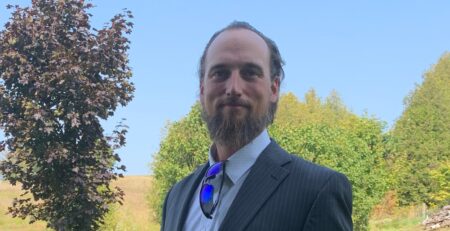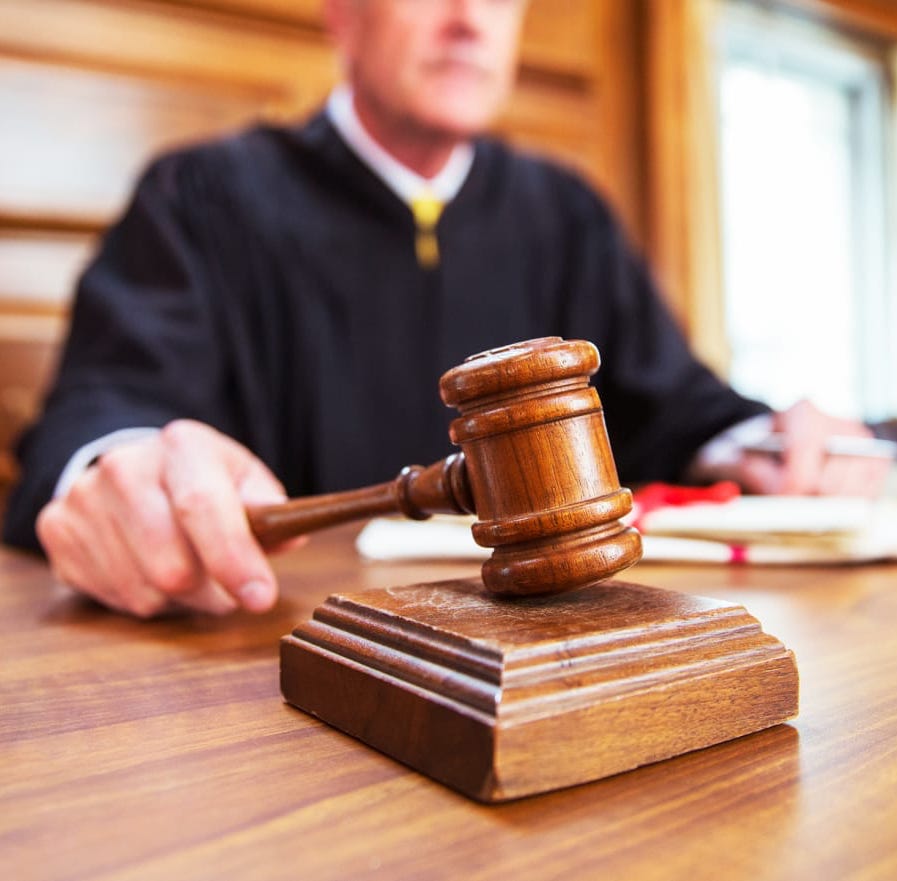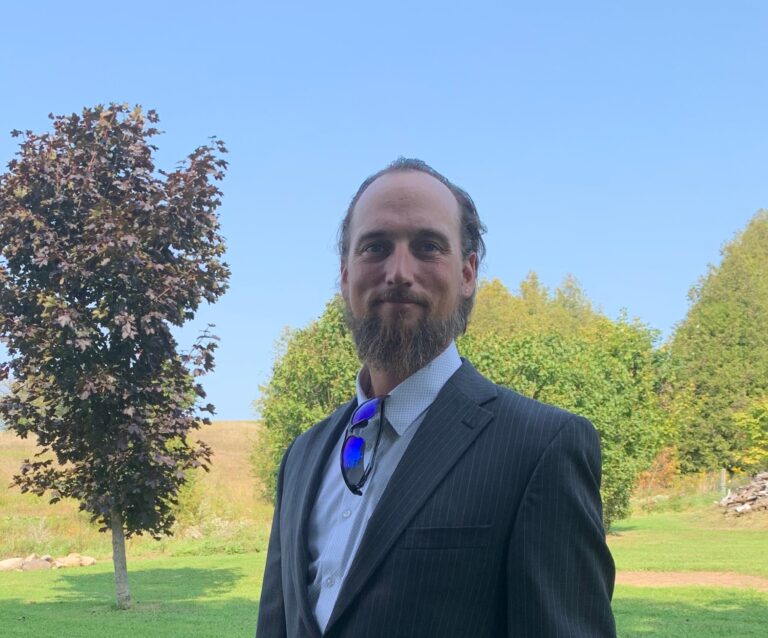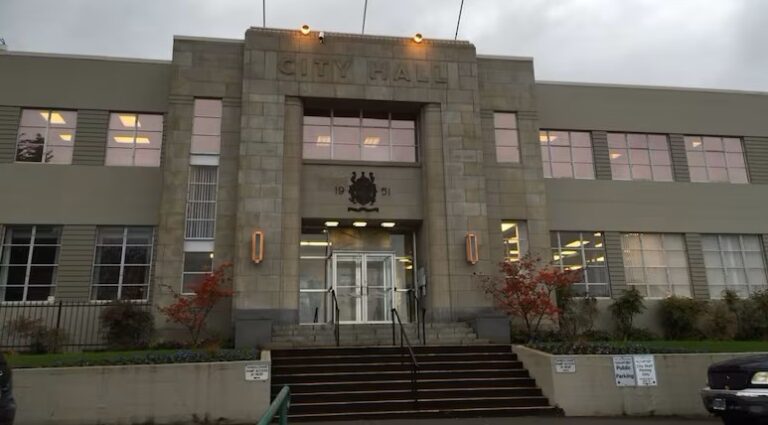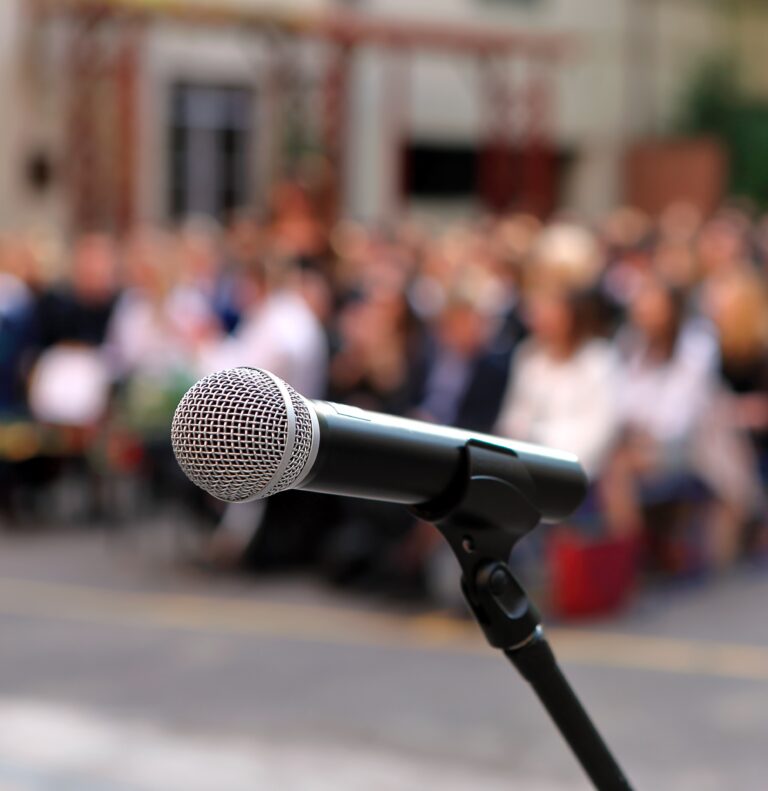Canadians used to chastise repressive regimes for punishing citizens who said the “wrong” things. We still do, when it comes to theocratic Iran and Saudi Arabia, communist China and North Korea, and other human rights violators across the globe. But do Canadians still have the moral high ground today, when freedom of expression is zealously trampled upon by government regulatory bodies?
Leah McInnes, a registered nurse from Saskatchewan, faces disciplinary action for professional misconduct, the penalties for which include hefty fines and loss of her license. All because she opposed vaccine mandates and vaccine passports.

For perspective, Leah isn’t anti-vaccine. She has stated publicly that vaccines should be promoted by her profession; that vaccines can decrease severe disease, reduce the burden on the healthcare system and save lives; and that vaccines play a vital role in the fight against the Covid pandemic.
What Leah opposes is vaccine mandates, whereby individuals must get injected or face loss of employment, expulsion from university, costly testing, inability to travel, or other forms of second-class citizenship.
The Code of Ethics for Saskatchewan’s registered nurses states: “Nurses support a climate of trust that sponsors openness, encourages the act of questioning the status quo, and supports those who speak out in good faith to address concerns.” This Code should protect a nurse who, in good faith, supports vaccines and also opposes vaccine mandates.
Scientific progress depends on questioning authority. Meekly submitting to majority consensus (whether enforced coercively by a government body or not) is the antithesis of the scientific process, which requires testing a hypothesis by experiments, and analyzing the resulting data objectively, all while rigorously applying scepticism. Declaring ahead of time that vaccine mandates are good, with threats to punish those who disagree, is nakedly anti-science.
And yet, the College of Registered Nurses of Saskatchewan accuses Leah of “professional misconduct” for publicly supporting freedom of choice and medical privacy, claiming that Leah’s public statements about “vaccine mandates” amounted to “misinformation,” “disinformation” or “misleading” information.
These same buzzwords of “misinformation” and “disinformation” are used by Prime Minister Justin Trudeau and other politicians who seek to control what Canadians see and hear on the internet. In like manner, government regulatory bodies like the College want to shut down debate.
The Canadian Charter of Rights and Freedoms states that “everyone” has the fundamental freedom of thought, belief, opinion and expression, including freedom of the press and other means of communication. “Everyone” includes nurses, doctors, psychologists, lawyers, teachers and other regulated professionals. Leah has the Charter-protected right to express her opinions, even if they may be wrong, misguided or offensive.
Sadly, we see government-backed regulatory bodies abusing their powers to enforce conformity, uniformity and blind obedience. Dr. Jordan Peterson being censored by the College of Psychologists of Ontario might be the most prominent example. And let’s not forget British Columbia nurse Amy Hamm. Since 2020, the BC College of Nurses and Midwives has been conducting disciplinary proceedings against Amy because she states publicly that there are only two genders.
This is extremely dangerous. It is the hallmark of repressive regimes (communist, fascist, theocratic, etc.) to take it upon themselves to decide what is true and false and then force the entire population to comply with the government’s position, by punishing dissent. In like manner, professional regulators abuse their power when they levy accusations of “misconduct” against professionals who dissent from majority opinion.
In stark contrast, citizens in free countries decide for themselves what is true or false, right or wrong, wise or foolish. There is no “party line” to which free citizens must pay lip-service, nor do citizens of a free country fear punishment from a government body for saying the “wrong” thing.
Part of freedom of expression is respecting the scientific process, which allows Canadian professionals to think critically, speak honestly, and exercise their professional judgment without fear. The culture of control in Canada’s most coveted professions must be fought and defeated, if we want to live in a free country, and once again regain the moral high ground vis-à-vis repressive regimes.
John Carpay – Western Standard



